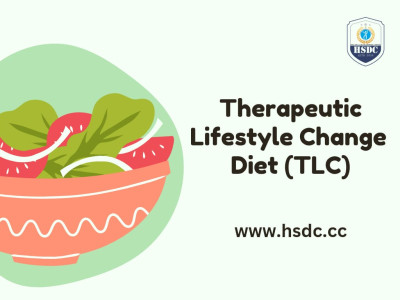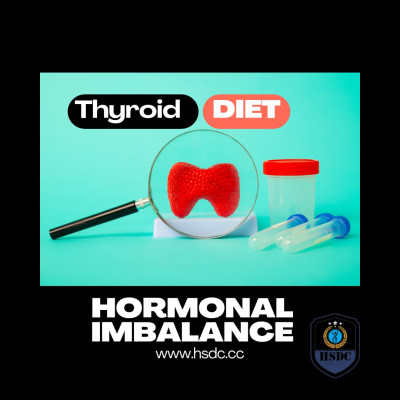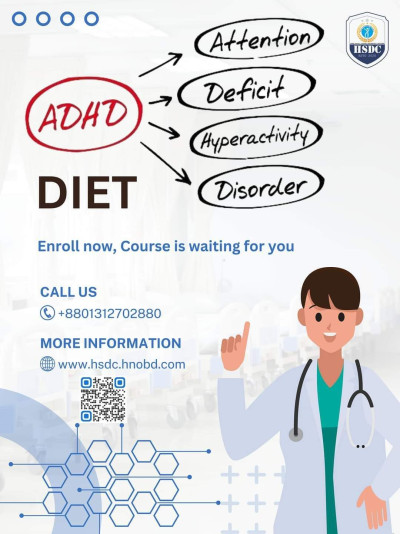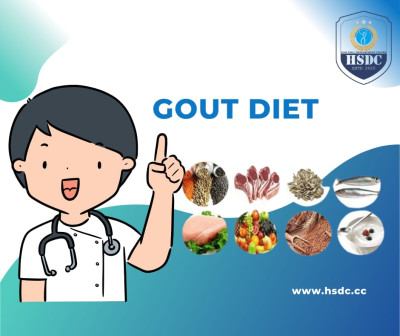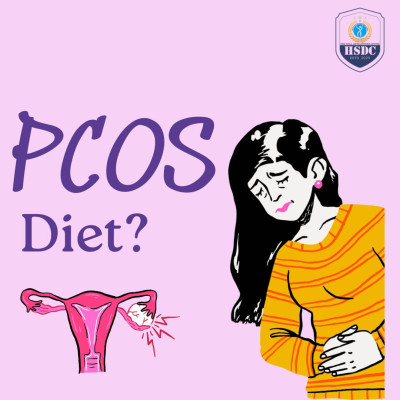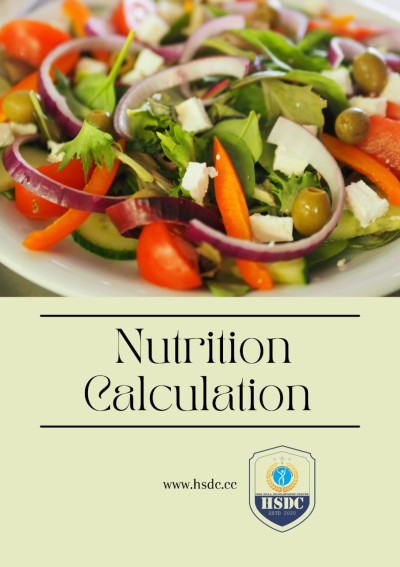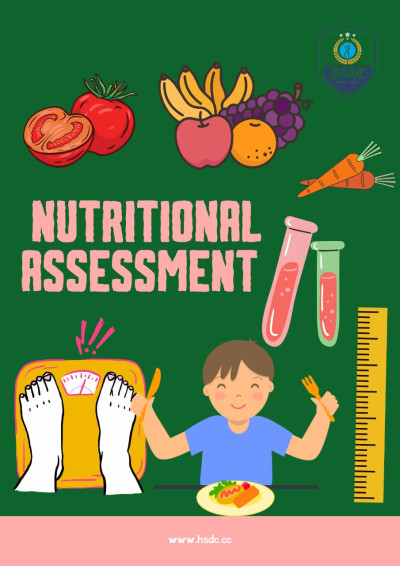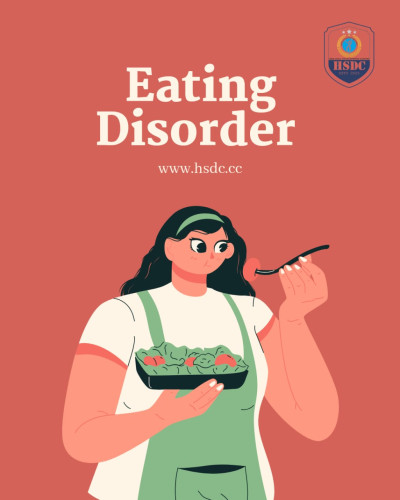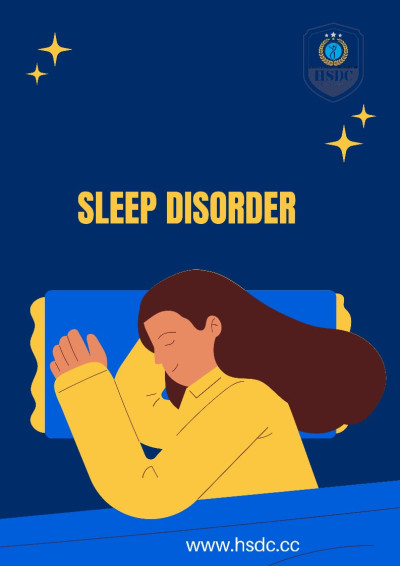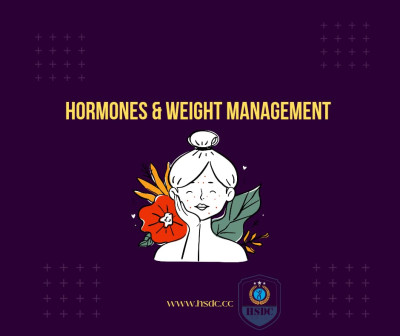Course description
The TLC (Therapeutic Lifestyle Changes) diet is a comprehensive dietary approach developed by the National Institutes of Health (NIH) to promote heart health and reduce the risk of cardiovascular diseases, particularly high cholesterol and heart disease. The primary goal of the TLC diet is to lower LDL (bad) cholesterol levels through lifestyle modifications, including dietary changes, increased physical activity, and weight management.
The TLC diet is based on sound nutritional principles and encourages individuals to make long-term changes to their eating habits rather than resorting to short-term fixes. It emphasizes the consumption of nutrient-rich foods such as fruits, vegetables, whole grains, lean proteins (e.g., poultry, fish, legumes), and low-fat dairy products. These foods are high in essential nutrients like fiber, vitamins, and minerals, which are beneficial for heart health and overall well-being.
One of the key components of the TLC diet is reducing the intake of saturated fats and dietary cholesterol, as these are major contributors to elevated LDL cholesterol levels. Foods high in saturated fats, such as fatty meats, full-fat dairy products, and fried foods, are limited, while healthier fats from sources like olive oil, nuts, and seeds are encouraged in moderation.
In addition to modifying dietary fat intake, the TLC diet also emphasizes reducing sodium intake, as excessive sodium consumption can contribute to high blood pressure, another risk factor for heart disease. Individuals following the TLC diet are advised to choose low-sodium options and limit the use of salt in cooking and meal preparation.
The TLC diet also promotes regular physical activity as part of a heart-healthy lifestyle. Exercise not only helps with weight management but also has numerous cardiovascular benefits, including improving cholesterol levels, blood pressure, and overall heart function. The NIH recommends aiming for at least 30 minutes of moderate-intensity aerobic exercise most days of the week for optimal heart health.
Overall, the TLC diet offers a balanced and sustainable approach to improving heart health by focusing on whole, unprocessed foods, limiting unhealthy fats and cholesterol, and incorporating regular physical activity into daily life. By following the guidelines of the TLC diet, individuals can lower their LDL cholesterol levels, reduce the risk of heart disease, and improve their overall quality of life.


